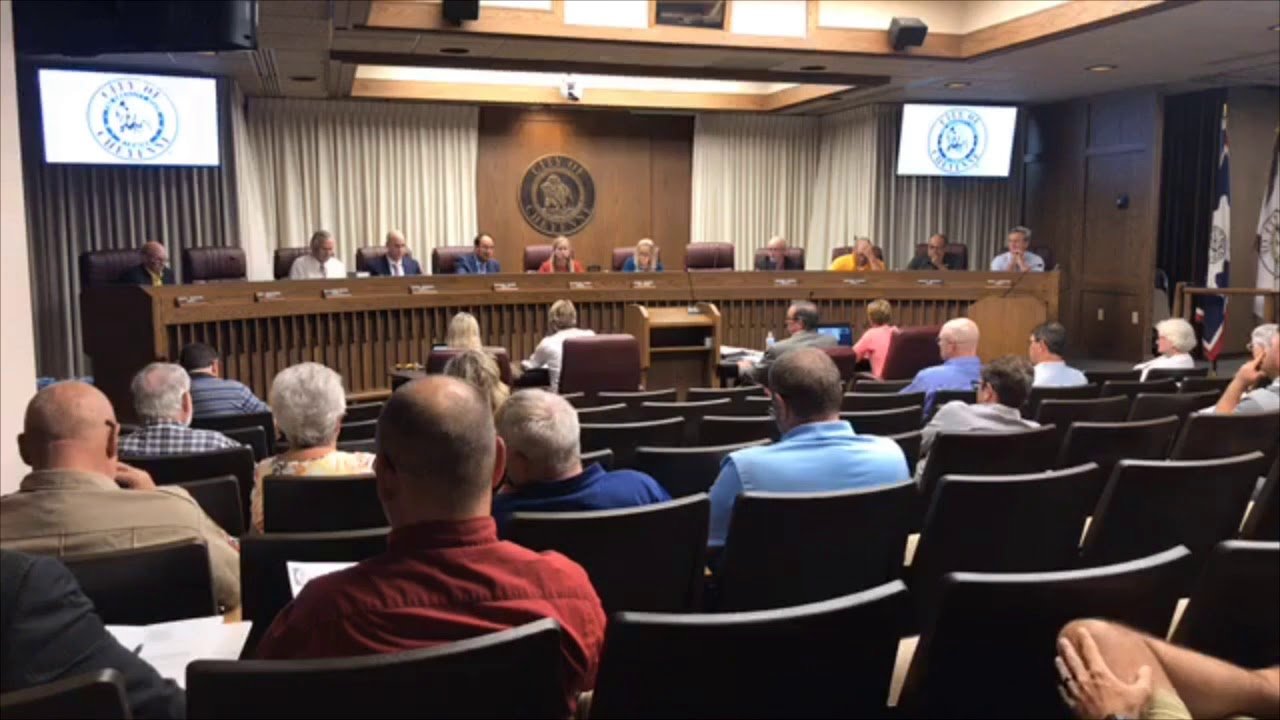Zoning Board and Appeals
At our firm, we understand the intricacies of zoning regulations and ZBA processes and the impact they have on individuals and their communities. We are committed to facilitating smooth property development by offering our clients comprehensive ZBA representation services from initial variance requests to circuit court appeals. Our real estate lawyers combine legal expertise with a deep understanding of local regulations, guiding you through the complexities of a zoning appeal. Contact Thompson Legal today to discuss your specific needs and let us be your trusted partner in achieving your real estate goals.
The purpose of the Zoning Board of Appeals (ZBA) is to hear and decide appeals related the interpretation of a Zoning Code requirement, or to hear appeals for a variance from a minimum Zoning Code requirement.
Zoning regulations invariably impact property projects, whether it's building a new house, adding an extension, constructing a deck, or dividing a lot. Our expertise extends to helping clients navigate local zoning ordinances and interacting with ZBAs. Thompson Legal has a wealth of experience to help guide you through the complexities of zoning disputes and can assist you with obtaining final variances and appeal decisions through to the Circuit Court. Some common issues resolved before a Zoning Board of Appeals might include:
Variance Requests: One of the most common interactions with ZBAs involves variance requests. Variances, authorized under the Michigan Zoning Enabling Act (ZEA), which allow property owners to undertake activities not typically allowed by local zoning ordinances. There are two main types: nonuse variances, dealing with structural changes or alterations, and use variances, allowing uses not permitted by the zoning ordinance.
Nonuse Variance Approval Standards: Nonuse variances necessitate establishing factors like the unreasonably strict compliance with restrictions, and whether the variance serves substantial justice and public welfare. Unique physical circumstances, impact on surrounding areas, and the necessity for the property's reasonable use and enjoyment are also considered.
Use Variance Approval Standards: Use variances require a showing of unnecessary hardship, with factors such as the property's unsuitable use within its zoning district, unique circumstances requiring the variance request, the lack of essential area character alteration, and the absence of self-created problems.
Zoning Appeals Process: Our assistance doesn't stop with variance requests. We guide clients through the zoning appeals process. Appeals, whether from zoning permits or enforcement actions, require meticulous preparation, ensuring all necessary documentation and arguments are presented to the ZBA for consideration.
Circuit Court Appeals: When faced with an unfavorable ZBA decision, our expertise extends to navigating Circuit Court appeals. Whether it's a case of administrative decision denial or a legislative decision dispute, we guide clients through the process, emphasizing the short appeal deadlines that necessitate swift action and expert legal counsel.
FAQs about Zoning Appeals in Michigan
What is a Zoning Board of Appeals (ZBA)?
The ZBA is a municipal body that hears appeals related to zoning decisions. It plays a crucial role in reviewing and deciding on variances, administrative decisions, and other zoning-related matters.
When might I need ZBA representation?
You might need representation when facing zoning challenges, such as variance denials, permit disputes, or other decisions impacting property use. Our expertise ensures you navigate these issues effectively.
What is a Variance?
A variance is permission to deviate from specific zoning regulations. It can be either a nonuse variance (related to structure changes) or a use variance (allowing a use not typically permitted).
How can Thompson Legal assist with Variance Requests?
We guide you through crafting compelling variance requests, ensuring all necessary factors are addressed. Presenting comprehensive requests to zoning boards is vital because appeals are often limited to the facts and issues previously presented. Our goal is to present the most compelling case possible for approval before the ZBA.
What is the difference between a Nonuse Variance and a Use Variance?
Nonuse variances pertain to structural changes or alterations of buildings, while use variances allow for a property use not typically permitted by the zoning ordinance.
How does the ZBA process work?
The process involves filing an appeal with the ZBA after an adverse zoning decision. Our firm assists in preparing the appeal, ensuring a comprehensive presentation of your case.
Can I appeal a legislative decision to the ZBA?
Yes, our firm handles appeals of legislative decisions that impact zoning classifications or other broader issues, providing thorough representation in plenary lawsuits.
What factors might affect a ZBA decision?
Factors include compliance with zoning restrictions, substantial justice to the applicant and property owners, observance of the zoning ordinance spirit, and public safety considerations.
What is the timeframe for filing a ZBA appeal?
The timeframe varies, but it is typically 30 days after the ZBA issues its decision in writing or 21 days after approval of the minutes. Prompt action is crucial.
How can I interpret complex zoning ordinances?
Our real estate lawyers specialize in interpreting and understanding complex zoning ordinances, ensuring your projects align with local regulations prior to breaking ground to ensure smooth plan completion.
What happens if my ZBA appeal is denied?
If your ZBA appeal is unsuccessful, our firm can guide you through the process of appealing to the Circuit Court, advocating for your property interests.
Why is prompt action important in zoning matters?
Zoning appeals often have tight deadlines. Acting swiftly is crucial to meet these deadlines and present a strong case. Our team emphasizes timely action.
For personalized guidance on your zoning issues, contact us at Thompson Legal. Our experienced real estate lawyers are here to address your concerns and navigate you through the complexities of zoning regulations in Michigan.
Please note that this FAQ is intended as a general guideline and should not be considered legal advice. If you have specific questions or need legal assistance related to a variance or zoning issue, it is advisable to consult with an experienced attorney who specializes in zoning matters.
-

Buying and Selling Real Estate “As Is” - What You Should Consider Before Signing
The "as is" clause in real property purchase agreements is a crucial provision that significantly impacts the rights and responsibilities of both buyers and sellers. Often viewed as a double-edged sword, this clause can provide flexibility and protection for sellers while posing potential risks for buyers. This article explores the implications of the "as is" clause and highlights what both parties should carefully consider when entering into real estate transactions.
-

Protecting Your Investment: The Legal Benefits of Using an LLC or Corporation for Rental Properties
One strategy that many real estate investors employ is the use of a Limited Liability Company (LLC) or a corporation to hold and manage their rental properties. In this blog post, we'll explore the legal benefits of placing your rental properties within an LLC or corporation.
-

Joint Real Property in Michigan: Ownership Overview
In Michigan, joint real property ownership can take various forms, each with its unique legal implications and considerations. Some property owners seek joint ownership for estate planning purposes, and others for liability protection. In this article, we'll delve into the most common types of joint real property ownership in Michigan to help you better understand this complex legal landscape.





